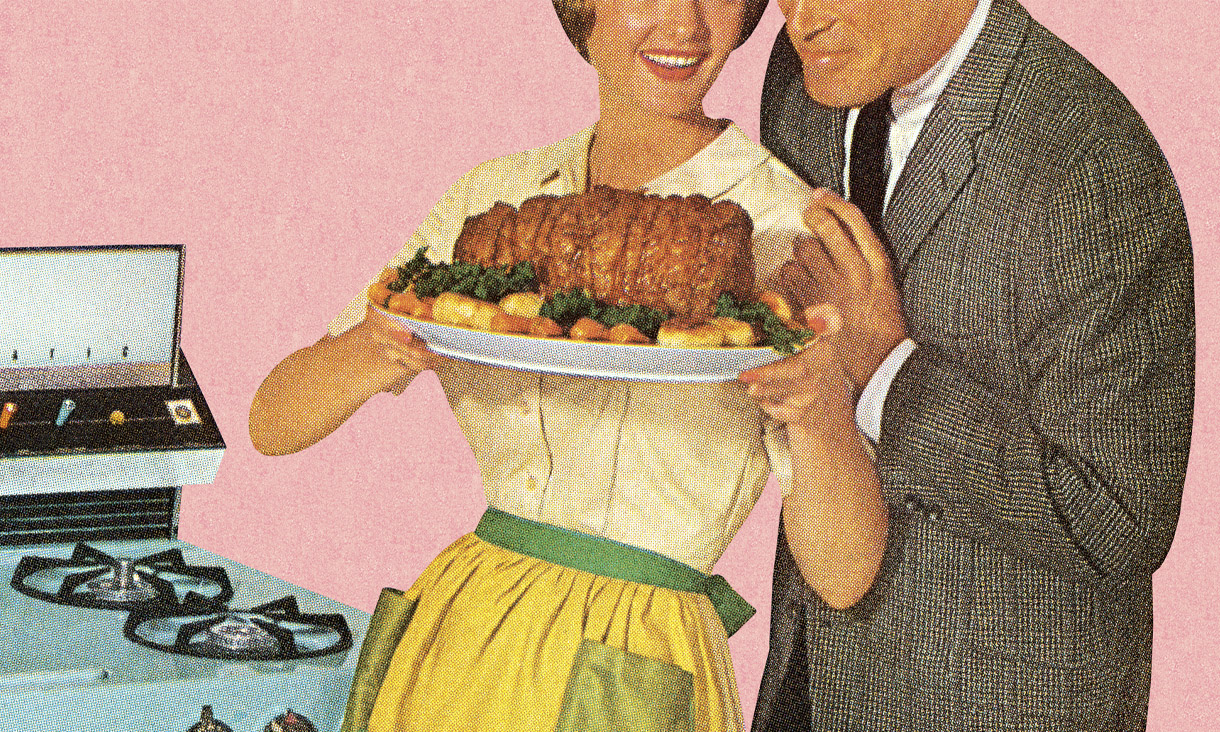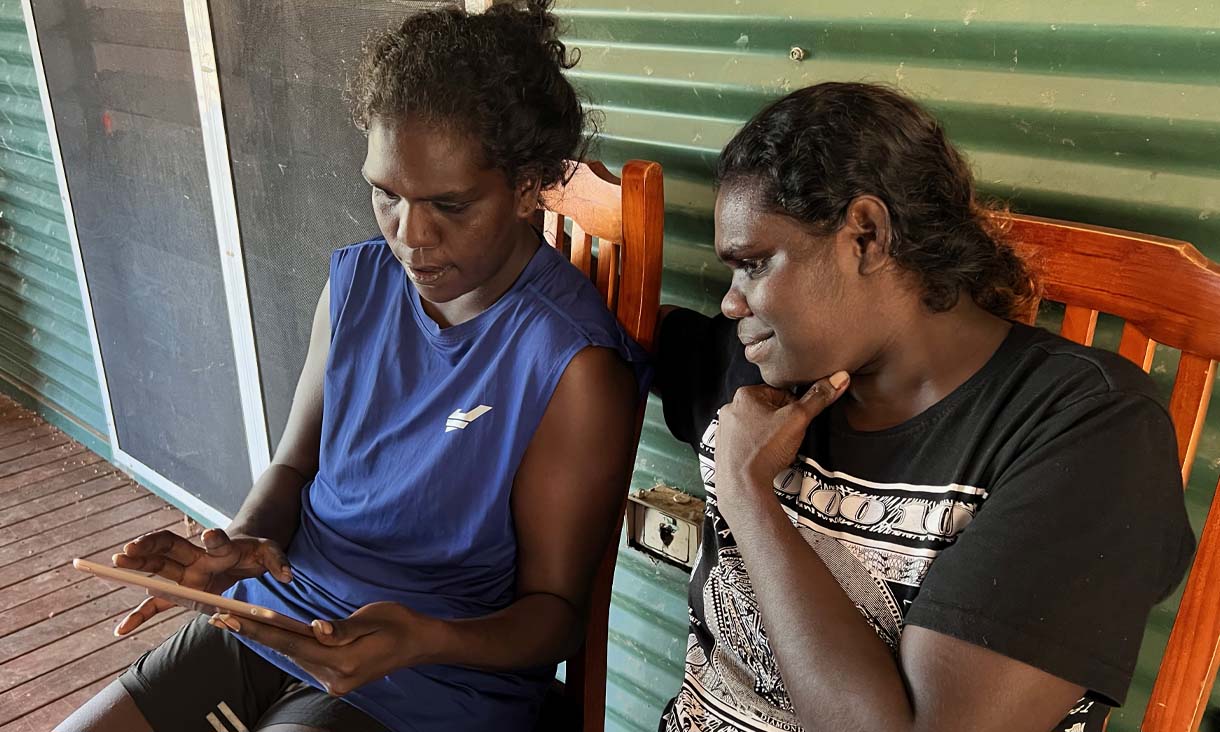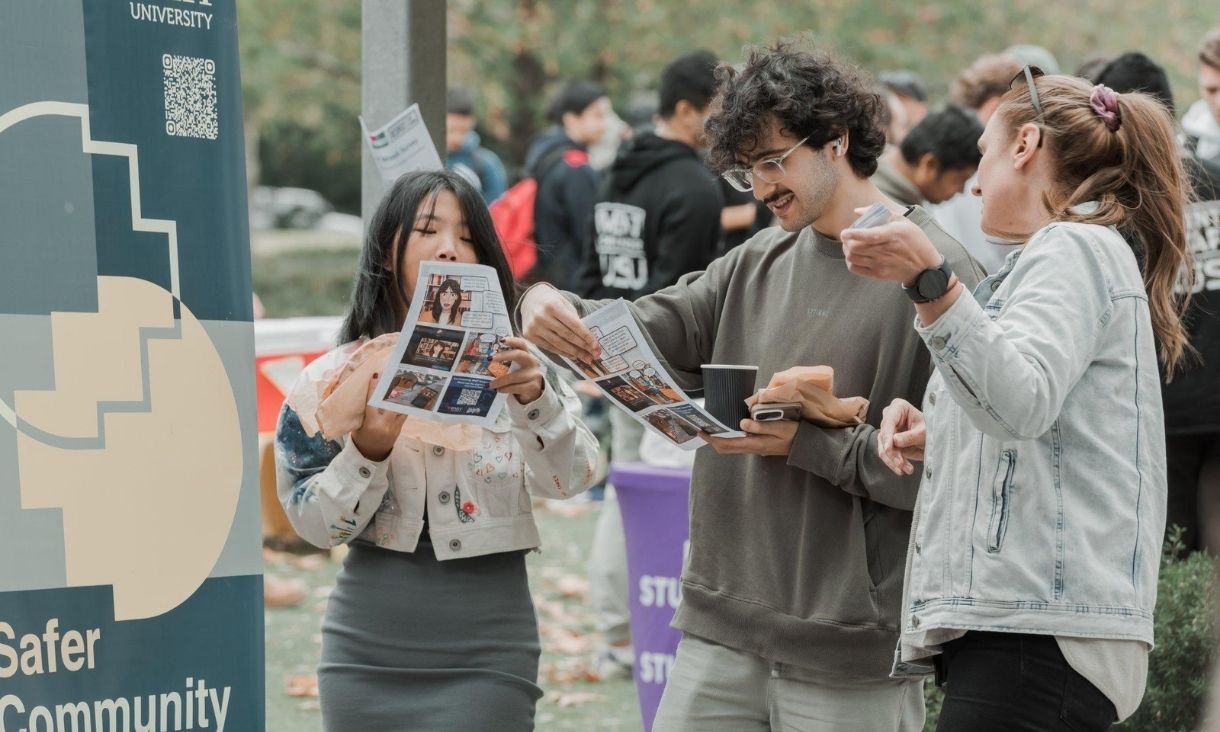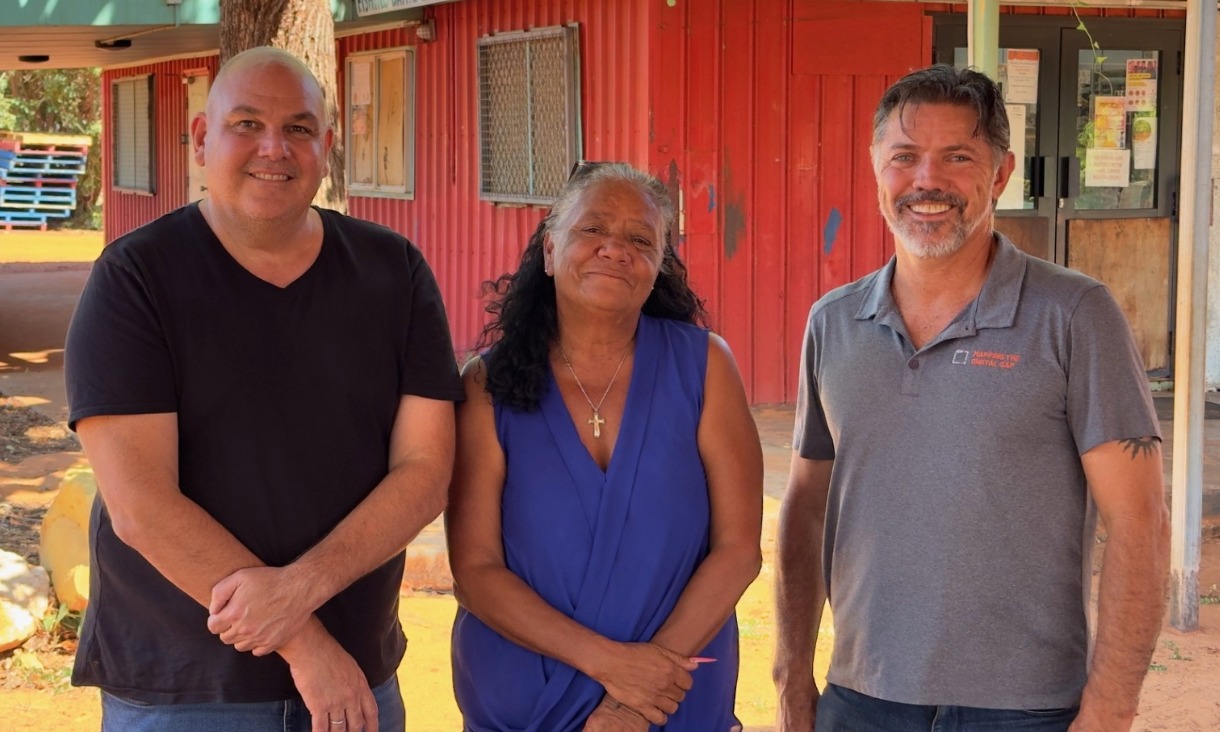The study by RMIT University and Women’s Health Victoria (WHV) into what people think about sexist advertising will be launched today (29 October).
The research will be released together with a report offering detailed direction on what should be done to address the issue.
Co-author, Senior Lecturer in Marketing Dr Lauren Gurrieri, noted both men and women were sick of stereotypical and sexist ads.
“The men and women we talked to were concerned that these portrayals pressure women and men to conform to limiting stereotypes, have negative health and social impacts, and support attitudes that contribute to violence against women,” Gurrieri said.
“It’s clear that the advertising industry is out of step with community expectations, but our research shows people feel they’re stuck with these ads and there’s no way to make advertisers change.”
Based on data collected from 10 focus groups held across Victorian metropolitan and regional centres, the study found people were unlikely to report sexist ads through current regulatory practices.
“The research showed people found sexist ads problematic but felt they’d become desensitised due to their prevalence,” Gurrieri said.
“This made them less likely to report, but even if they wanted to take action, they had little knowledge about the complaint system.
“When they discovered it’s a self-regulatory system, many saw this as a problem because of concerns the industry is primarily motivated by financial interests and lacks external accountability.
“They also believed government intervention was needed to address the issue.”
The research examined problematic ad campaigns including Honey Birdette’s “office party” and General Pants “fit in”, which were seen by most study participants to be devaluing women and portraying them as sex objects.
WHV CEO Dianne Hill said the study highlighted the influential role that advertising played in shaping attitudes and expectations about the roles of women and men in our society.
“We can harness the power of advertising to transform portrayals of women and girls to improve their health and wellbeing and prevent violence against women,” she said.
A second RMIT study by Dr Gurrieri analyses the best practice interventions to address and prevent sexist advertising.
Gurrieri said co-regulation was one internationally promising option for improving gender portrayals.
“In the UK, self-regulation by the industry is backed up by legislation, which puts pressure on the industry to maintain standards, and allows for government intervention where needed,” she said.
“Australia could consider adopting this type of approach to bring our advertising in line with community expectations.
“Overall, addressing the long-standing issue of gender inequality in advertising will require a collaborative effort, involving industry, government and the community.”
The report also recommended education for consumers, so they could better recognise and call out sexist advertising when they saw it and were more empowered to raise their objections through official processes.
View the Community Responses to Gender Portrayals in Advertising and Addressing and preventing sexist advertising reports.
Story: Diana Robertson







